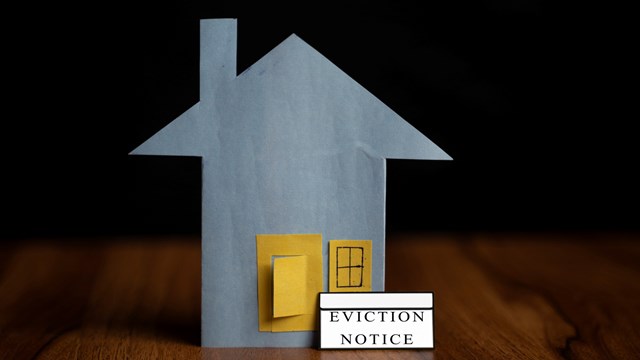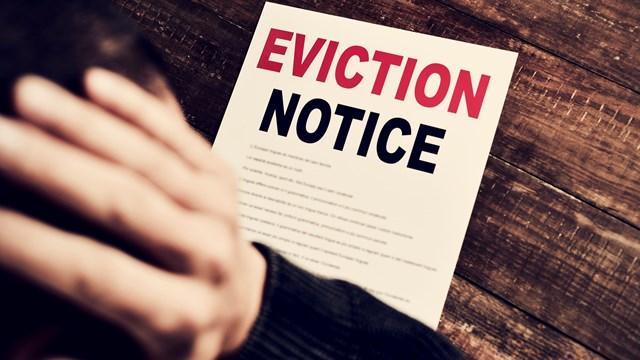
—Keeping Current in Cambridge
“For those states with no statutory right to terminate, unless such right is contained in the association’s condominium documents, the association is not legally authorized to terminate common services. That said, if the association does have the authority to terminate common services, we do not recommend the termination of snow plowing services, as this can create liability and lead to claims in the event that an injury should occur.
“All parties affiliated with the property could be exposed to claims in the event of an injury, including the association, board members and property manager. For such reasons, we recommend that the association consider the termination of privileges and services which would not expose the association to risk of claims, such as termination of the right to use the swimming pool. The termination of the use of an amenity poses little to no risk and can be an effective tool for the collection of delinquent common expenses.
The posting of signs or distribution of information about a delinquency for the purpose of embarrassing the owner, is also not recommended. This could also expose the association, property manager or the attorney for the association to claims related to the collection practices and harassment. All of which can interfere with the underlying objective to collect the delinquent fees.
Unfortunately the banking industry remains in a state of turmoil with banks acquiring other banks, ever changing bank policies and regulations, a volume of non- performing loans and the need to have appropriate documentation to verify the ownership of the loans. These factors have resulted in delayed foreclosure proceedings where foreclosure sales can take several years to be accomplished leaving the association to seek continual recourse to collect the unpaid fees.
The best approach in these difficult times is to fully understand what laws your state has available. Is there a superlien in your state? Are there remedies in the condominium documents or that can be amended into the condominium documents that will give the association more teeth in the collection process? Having a complete understanding of the viable options allows the association to weigh the costs and the potential for recovery.






Leave a Comment